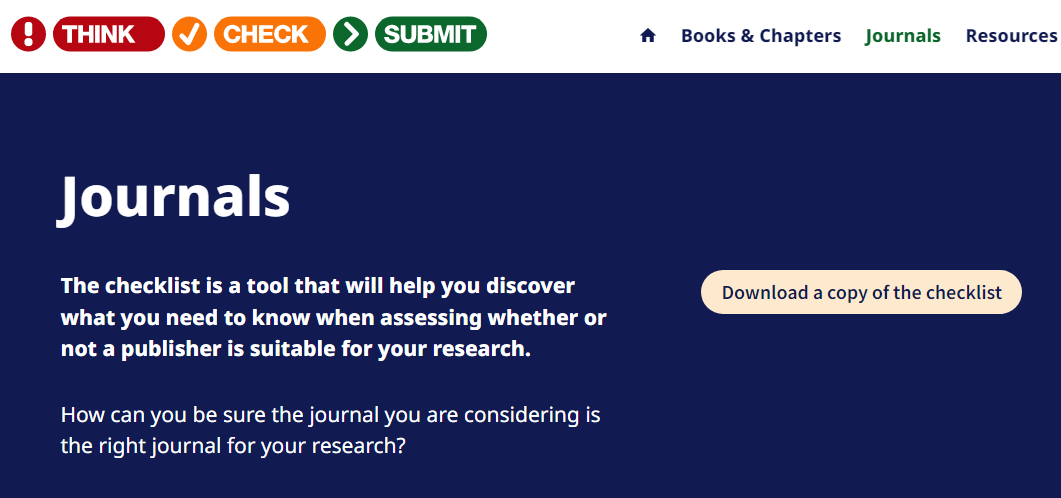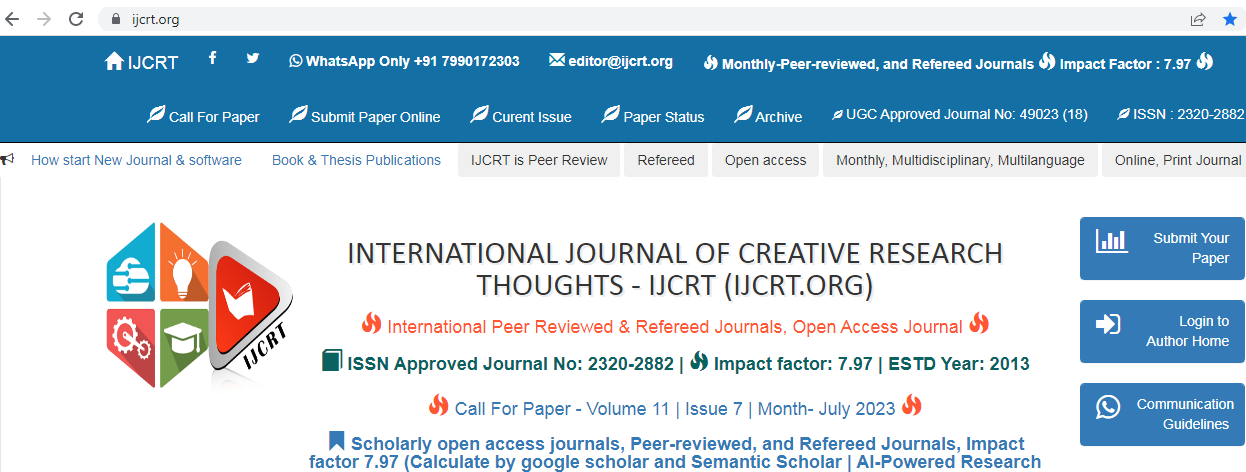List of International Editorial Board Members behind Fake/Bogus Journals
List of International Editorial Board Members behind Fake/Bogus Journals
(Image credits: https://theaggie.org/wp-content/uploads/2022/11/Copy-of-Editorial_CAITLYN-SAMPLEY_AGGIE-696x464.jpg)
In this post, we will discuss about the editorial board members behind in the fake/bogus journals.
Here, we will be uploading the list of editorial board members with their affiliations (still under investigations) from various fake/bogus journals.
Moreover, we will remove the name in the list once your name is removed from the respective fake/bogus journal's editorial board. Hereby we request the editorial board members to withdraw your role from the fake/bogus journals. To remove your name from the list that we have in the following form.
International Editorial Board Members might become associated with fake or bogus journals for various reasons, although it's important to note that not all editorial board members are aware of or complicit in predatory journal practices. Here are some reasons why some individuals may get involved with such journals:
Lack of Due Diligence: Some individuals may join the editorial boards of journals without conducting thorough background checks on the journals or publishers. They may be unaware of the predatory nature of the journal at the time of their appointment.
Deceptive Tactics: Predatory journals may falsely claim prestigious affiliations or make misleading statements to attract well-known academics to their editorial boards. These individuals might be tricked into participating, believing that the journal is legitimate.
Financial Incentives: In some cases, individuals may knowingly or unknowingly agree to join the editorial boards of predatory journals for financial gain. They might receive honoraria or other incentives to lend their names and credibility to these journals.
Academic Isolation: Academics, especially in certain regions, may have limited access to reputable publishing opportunities. In such cases, they might accept positions on the boards of predatory journals out of a desire to contribute to the academic community or to support local initiatives, even if the journals do not meet international publishing standards.
Lack of Information: Some board members, particularly early career researchers or those not deeply involved in the academic publishing ecosystem, may not have the knowledge or tools to evaluate the legitimacy of a journal effectively.
Misrepresentation: Predatory journals might use an individual's name and affiliation without their knowledge or consent, listing them as editorial board members without their approval.
Thanks,
Team - JournalGuardians



Comments
Post a Comment